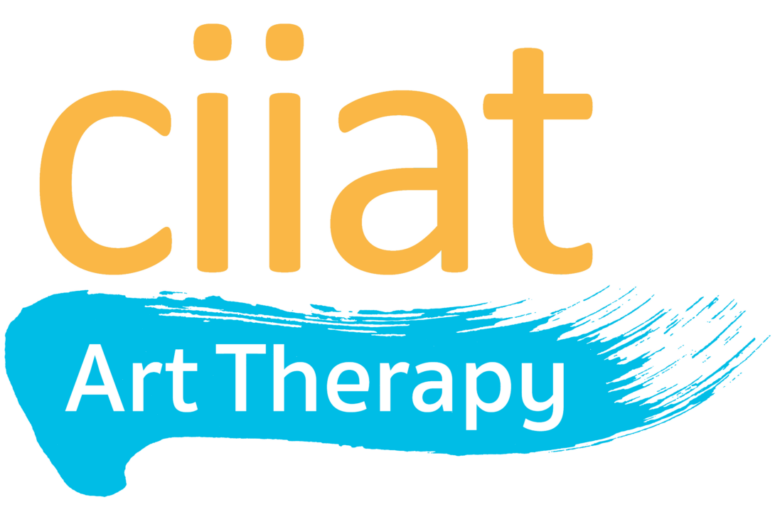

Policy #2: Diversity, Anti-Racism, and Respectful & Fair Treatment
2.1 Purpose
CiiAT fully subscribes to the Canadian and International Human Rights codes. These codes prohibit discrimination on any or all of the following grounds: race, gender, ancestry, place of origin, color, ethnic origin, citizenship, creed, sex (including pregnancy), sexual orientation, ability, age, marital status (including common-law, divorced, and separated), and family status.
The main objectives of this policy are:
- To eliminate barriers in the Institute, art therapy services, and workplace;
- To establish a framework that encourages the spirit of equity and diversity in all aspects; and
- To establish a framework that promotes respectful and fair treatment of all students and CiiAT faculty and staff
The Canadian International Institute of Art Therapy Association (CiiAT) is committed to ensuring and fostering a learning and working environment that:
- provides culturally sensitive and responsive art therapy education and services;
- respects people’s dignity, ideas and beliefs, thereby ensuring equity and diversity in education, therapy, employment, and initiatives; and
- has zero tolerance for behaviours of bullying, harassment, or discrimination.
2.2 CiiAT Commitments to Diversity and Inclusivity
- CiiAT acknowledges that racism and oppression do exist and takes responsibility for learning, education, and change. All Board members, staff, students, and volunteers adhere to principles founded in an intersectional feminist perspective of equality and address issues of oppression in terms of racism, sexism, heterosexism, disability, poverty, religion, and classism.
- The Institute takes a proactive organizational stance against oppression and this commitment is reflected internally and externally. All CiiAT administration, staff, volunteers, and students must demonstrate sensitivity to religious and cultural practices and promote an understanding of anti-racism and employment equity.
- CiiAT does not tolerate prejudice, racism, discrimination, bullying, or harassment of any kind either on a systemic or personal level. Within CiiAT’s scope and with the understanding that graduating students must meet all Entry-to-Practice Competencies for a career as an art psychotherapist, we are committed to confronting racism and other forms of discrimination.
Concerns or complaints are to be brought to the attention of the Executive Director and will be respectfully and fairly addressed through the process outlined in the Dispute Resolution Process.
Studying with CiiAT is more than just an education,
it’s a personal journey within a supportive community.
Whether it’s through our small, intimate classes, or through our friendly administrative and technical support team, we strive to provide personalized help and attention.